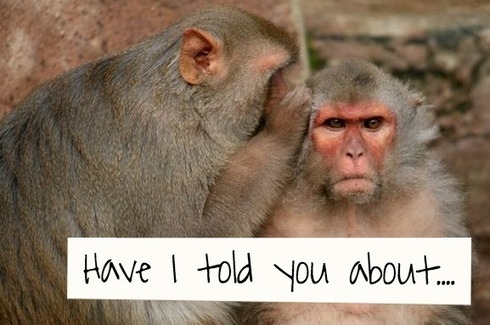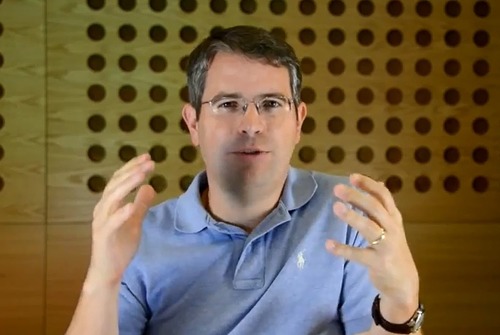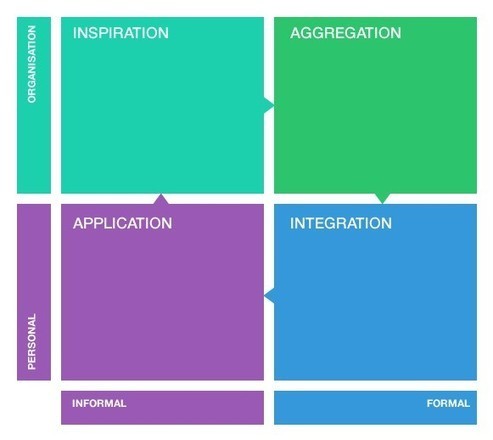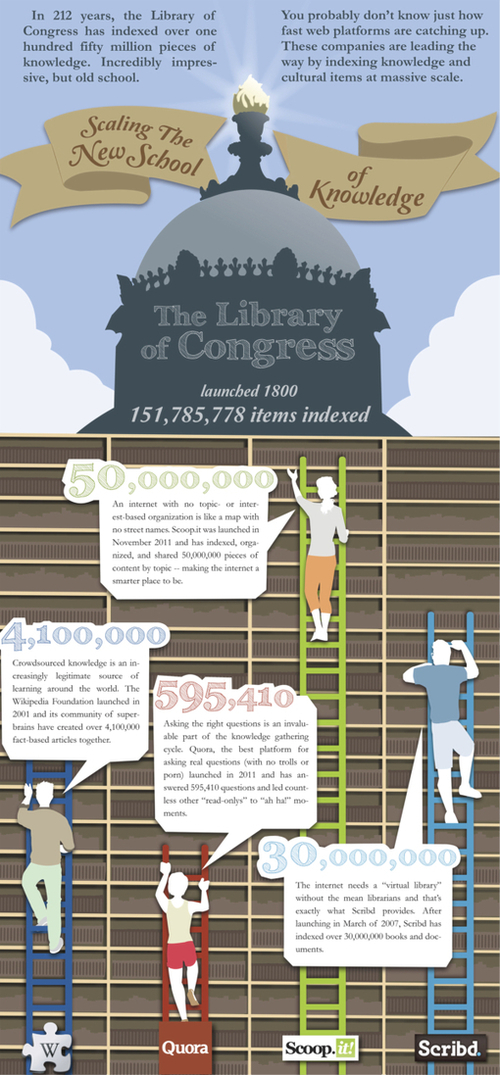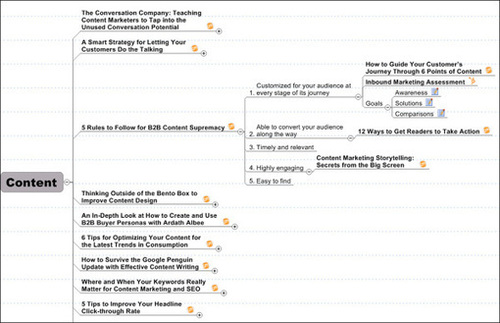Ahh, December. The best time of year for bloggers. The one month at the end of every year where we take the time to look back over the last 11 and – you guessed it – make lots of lists. Lists of fails and lists of wins, lists of bests and lists of worsts.
As Buzzfeed has certainly proven, everyone loves a list. Lists are easy to write, easy to read, and extremely shareable (hello, #leancontent!). But, what makes a list even more exciting is objectivity. I’m sure my list of the best albums of 2013 would be extremely different than my dad’s. There’s one thing that doesn’t lie, though, and that’s numbers. That’s why I decided to make an end of the year list based on your opinions, rather than my own. Take a look back, re-enjoy the 6 top posts from the Scoop.it blog from this year, re-share them, and if you happen to be inspired, start writing your very own post for us for 2014!

Read More

